Five Types of New Energy Vehicle Batteries
The world attaches great importance to environmental protection and energy sustainability. As an important alternative to traditional fuel vehicle, new energy vehicles have received more and more attention. As one of its power sources, the battery of new energy vehicles is also constantly developing and innovating. This article will introduce new energy vehicle battery to help readers better understand the characteristics and application scenarios of different types of batteries.
-
Lithium ion battery
lithium ion battery is one of the most widely used battery types in new energy vehicles at present, which has the advantages of high energy density, long cycle life and light weight. The technology of lithium ion battery has been continuously improved and has become the mainstream power source of electric vehicles. It is suitable for pure electric vehicles and plug-in hybrid vehicles, and can provide long endurance and high power performance. -
NI-MH battery
NI-MH battery is another common type of new energy vehicle battery, which has high safety and low environmental impact. Compared with lithium ion batteries, Ni-MH batteries have lower energy density, but have longer service life and better cycle stability. Ni-Mh batteries are usually used in hybrid vehicles and some pure electric vehicles to provide reliable power support for automobiles. -
Lithium iron phosphate battery
lithium iron phosphate battery is a variant of lithium ion battery, which has higher safety and stability. Compared with traditional lithium ion batteries, lithium iron phosphate batteries perform better in high temperature environment and are not prone to thermal runaway. Therefore, lithium iron phosphate batteries are widely used in some high temperature areas or application scenarios with high safety requirements. -
Solid State Battery
solid-state battery is a new battery technology, which has higher energy density, faster charging and discharging speed and better safety performance compared with traditional liquid battery. Solid-state batteries use solid electrolyte instead of traditional liquid electrolyte, so they have better high temperature resistance and lower fire risk. Although the solid-state battery technology is still in the research and development stage, its potential application prospect is expected. -
Sodium ion battery
sodium ion battery is a new battery technology, whose advantages include abundant sodium resources, low cost and environmental friendliness. Although the energy density of sodium ion battery is not as good as that of lithium ion battery, it has broad application prospects in the middle and low-end market and energy storage field. With the progress of technology and the reduction of cost, sodium ion battery is expected to play an important role in the field of new energy vehicles.
The development of new energy vehicle batteries shows a trend of diversification. Different types of batteries have their own characteristics and different application scenarios. In the future, with the continuous progress and innovation of science and technology, new energy vehicle battery technology will continue to promote the development of new energy vehicle industry, providing more choices and possibilities for environmentally friendly and sustainable transportation.
 Dongguan Juneng New Energy Technology Co., Ltd.
Dongguan Juneng New Energy Technology Co., Ltd.
 137 5142 6524(Miss Gao)
137 5142 6524(Miss Gao)
 susiegao@power-ing.com
susiegao@power-ing.com
 Xinghuiyuan High tech Industrial Park, Dalang Town, Dongguan City, Guangdong Province
Xinghuiyuan High tech Industrial Park, Dalang Town, Dongguan City, Guangdong Province


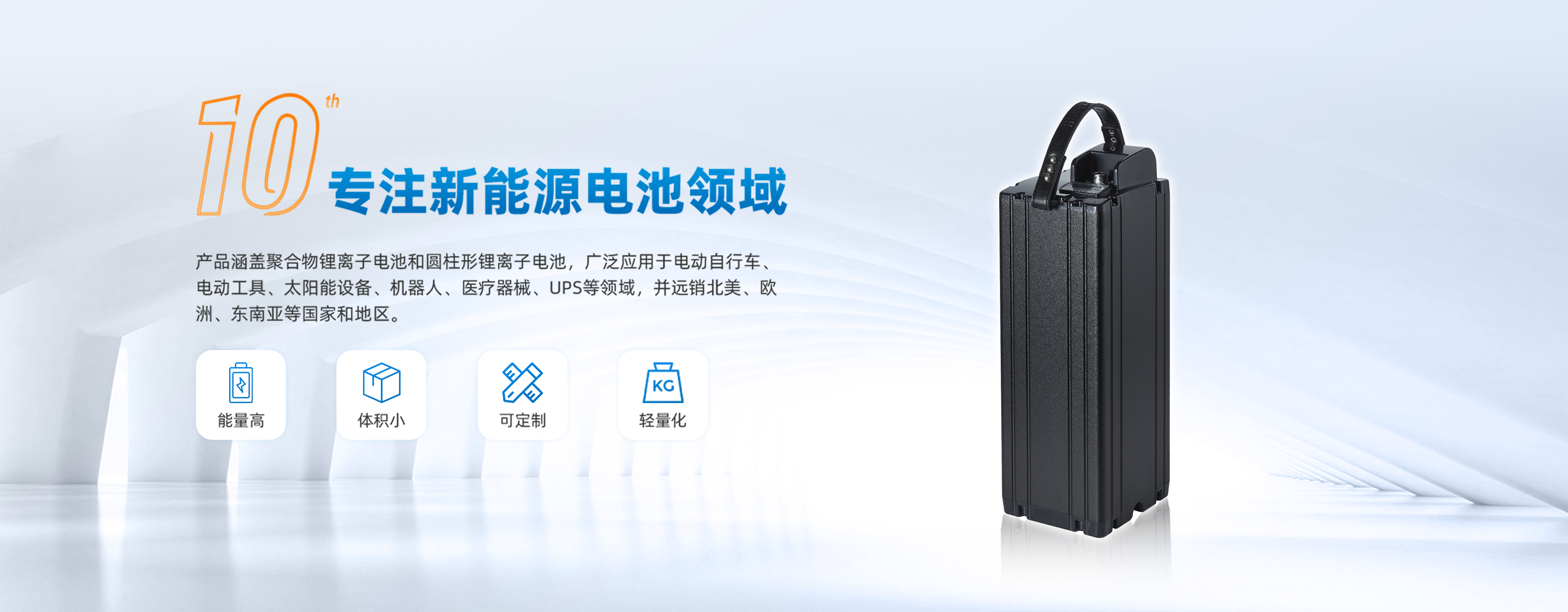
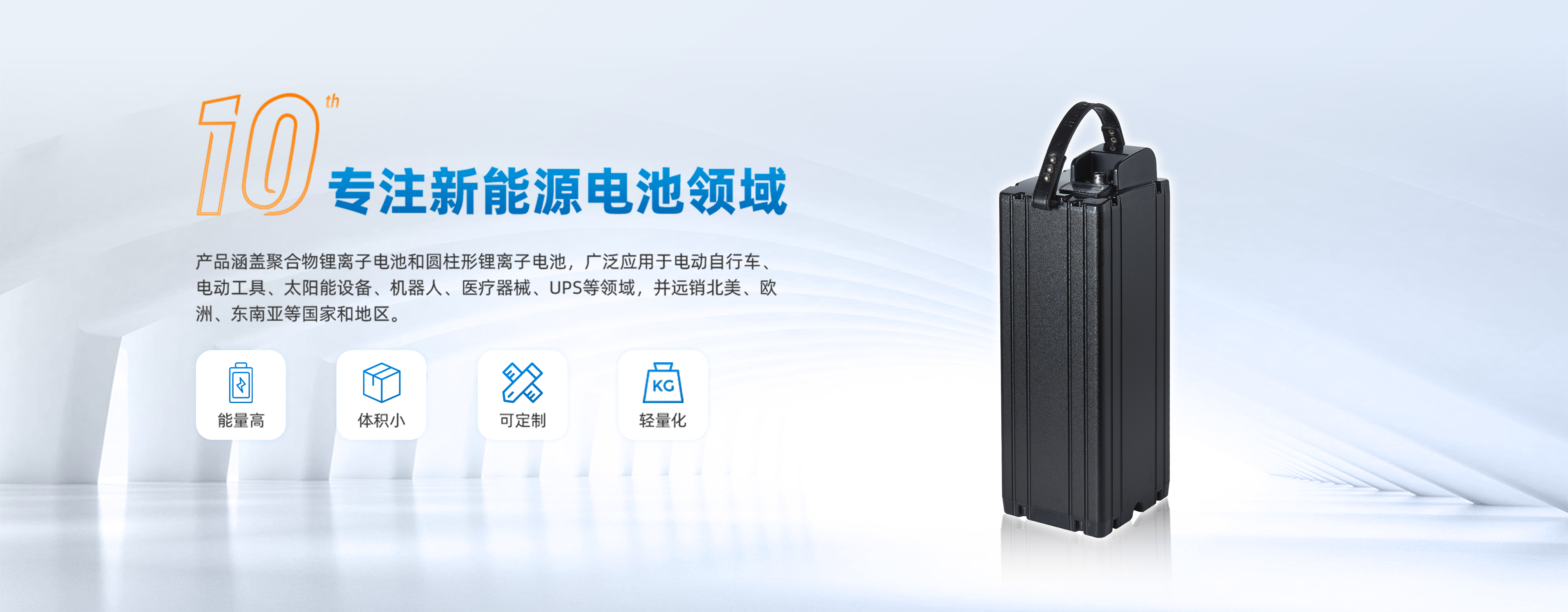
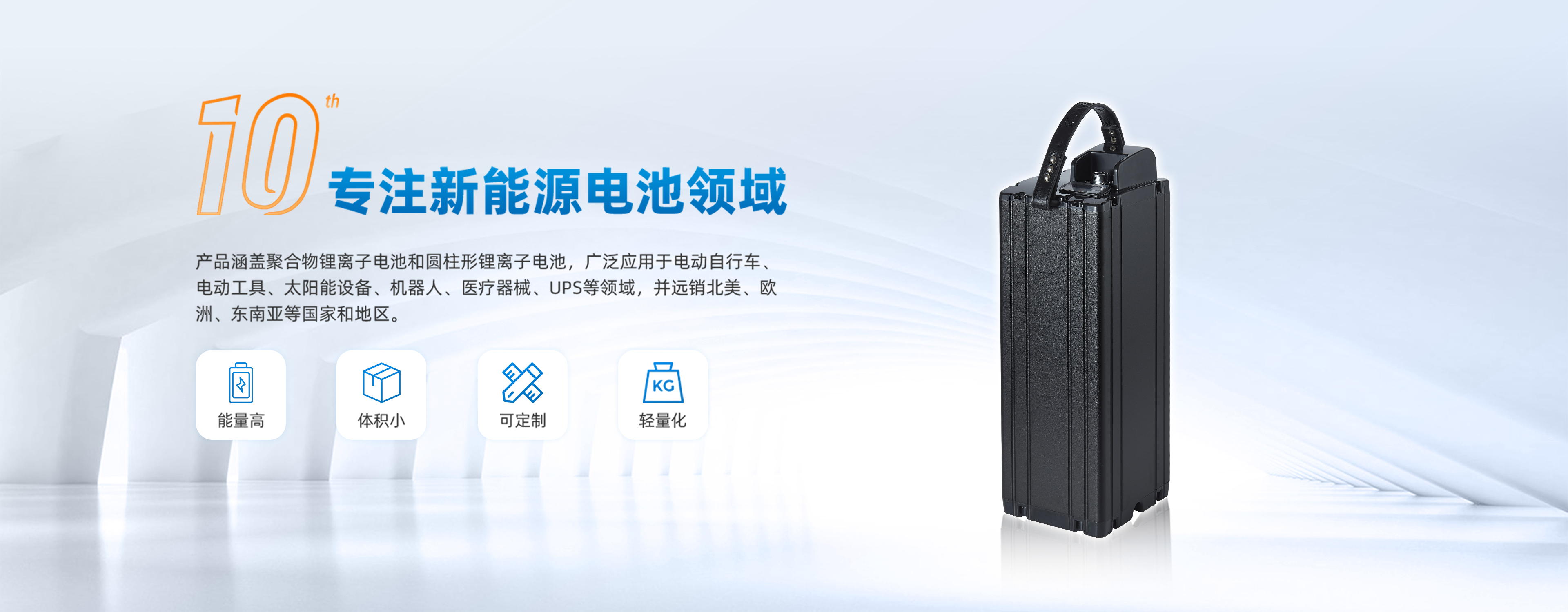



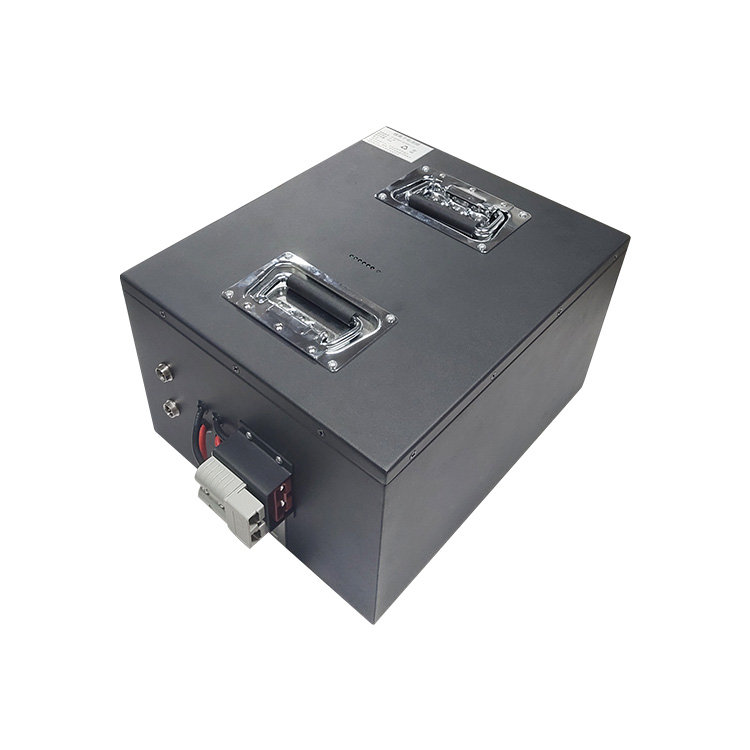


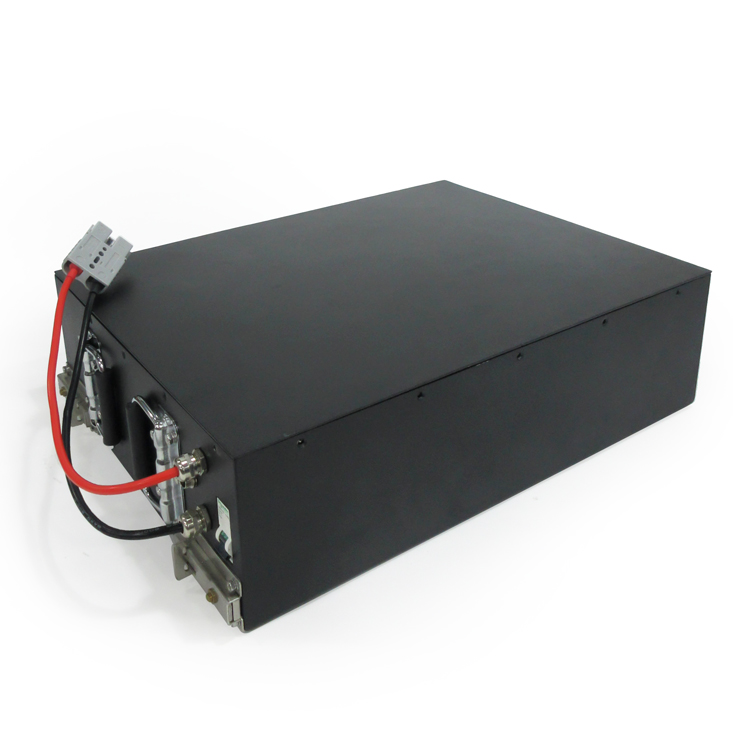

 Yue Gong Wang An Bei No. 4419002007491
Yue Gong Wang An Bei No. 4419002007491